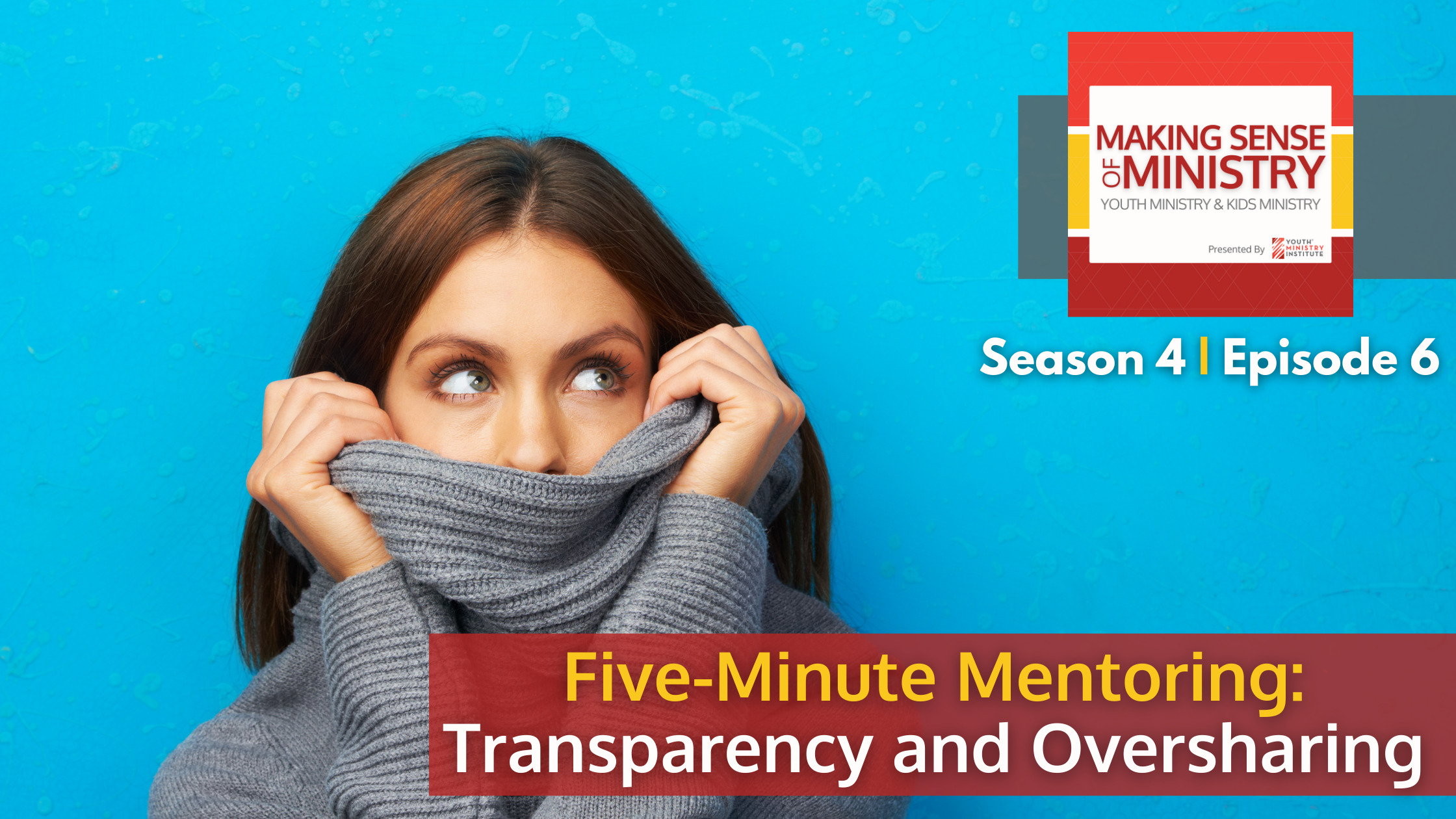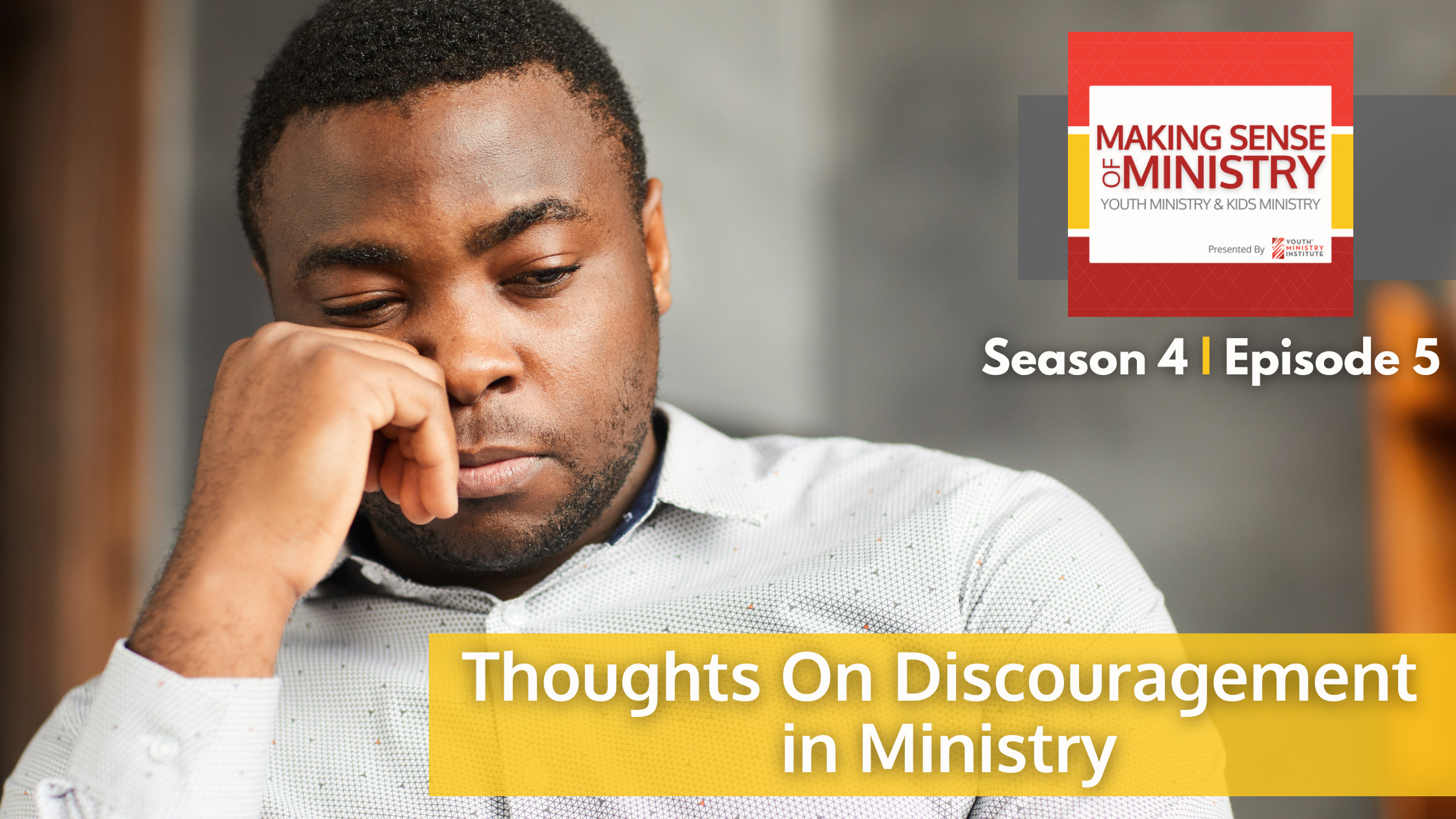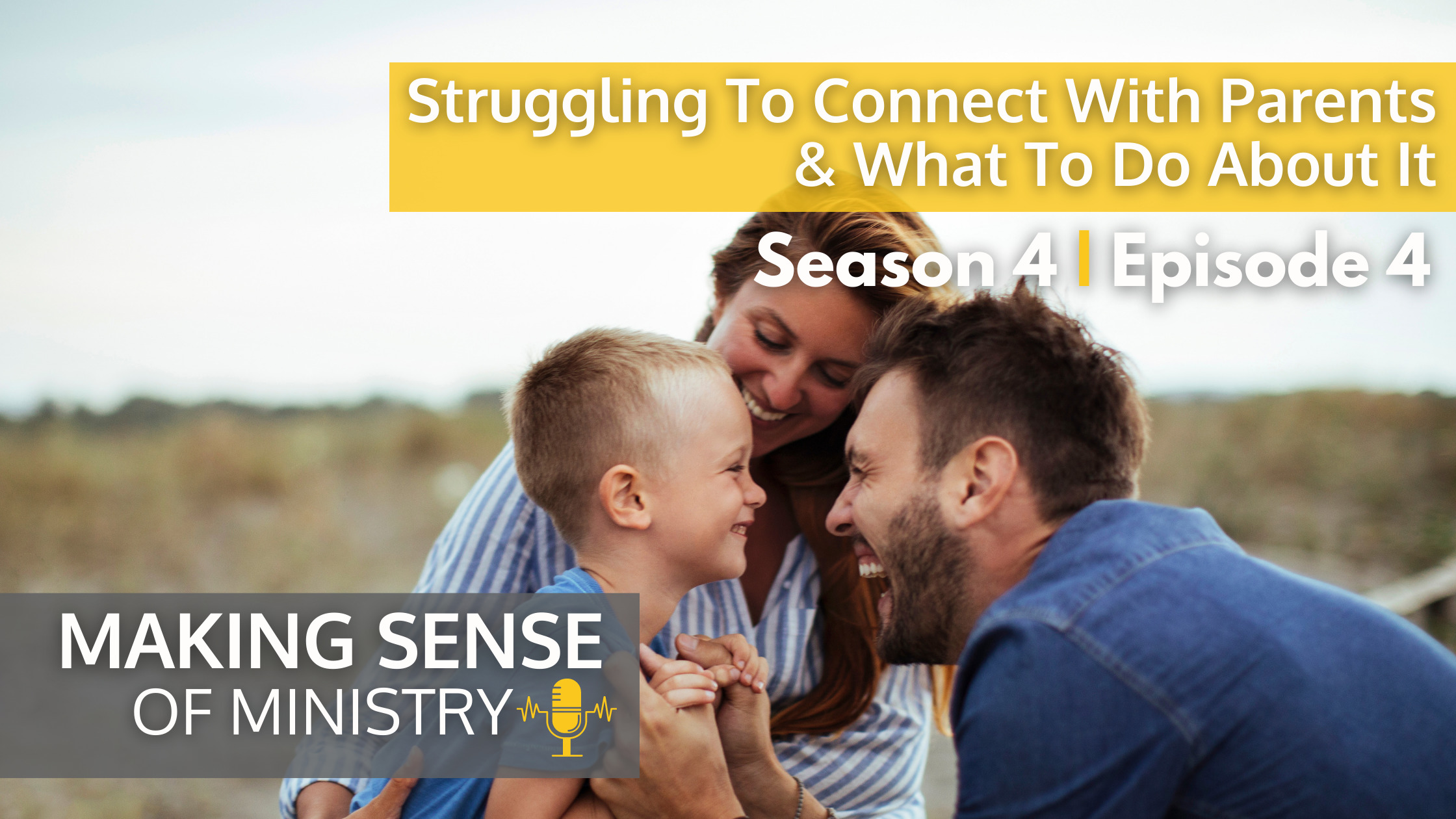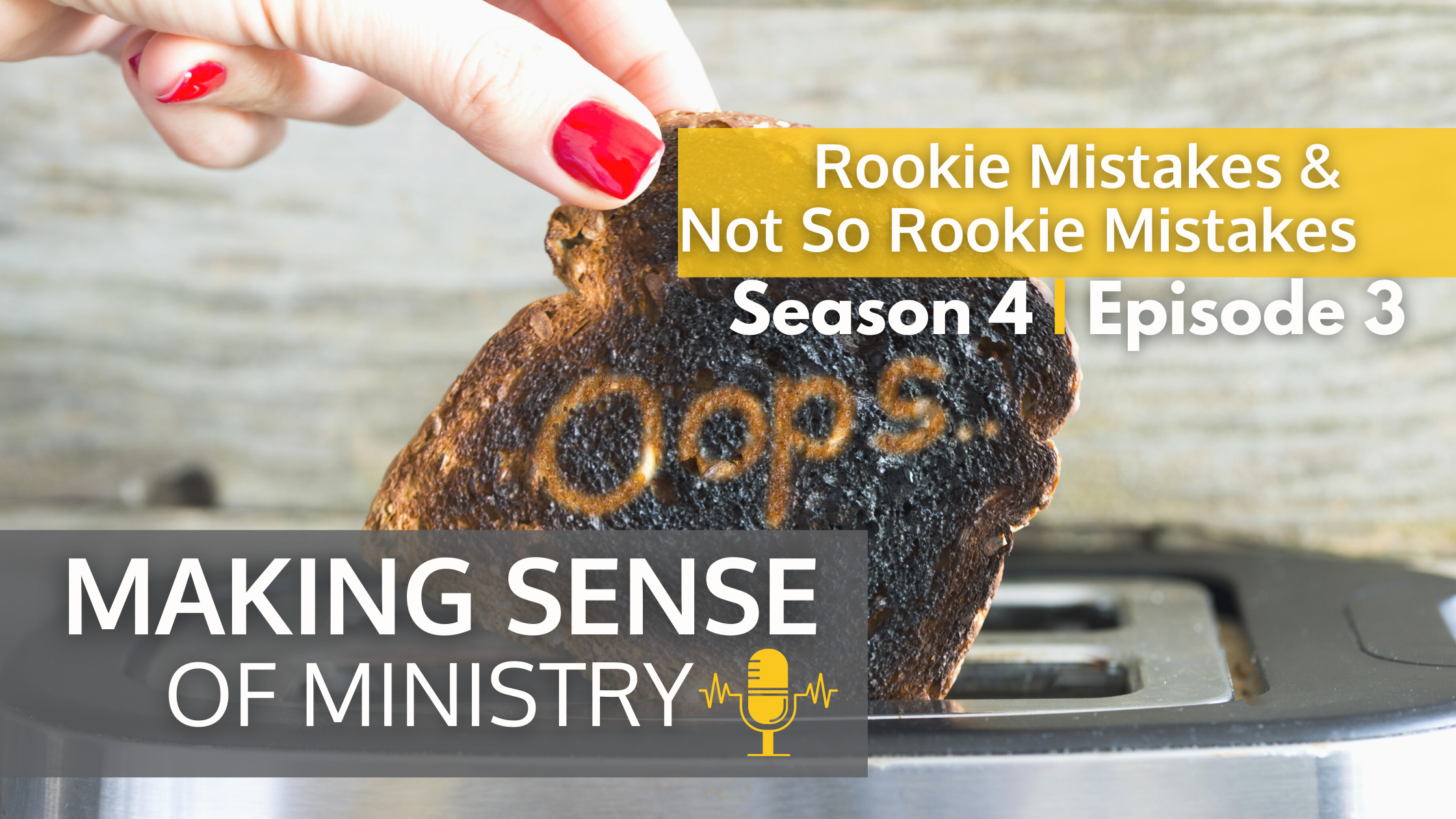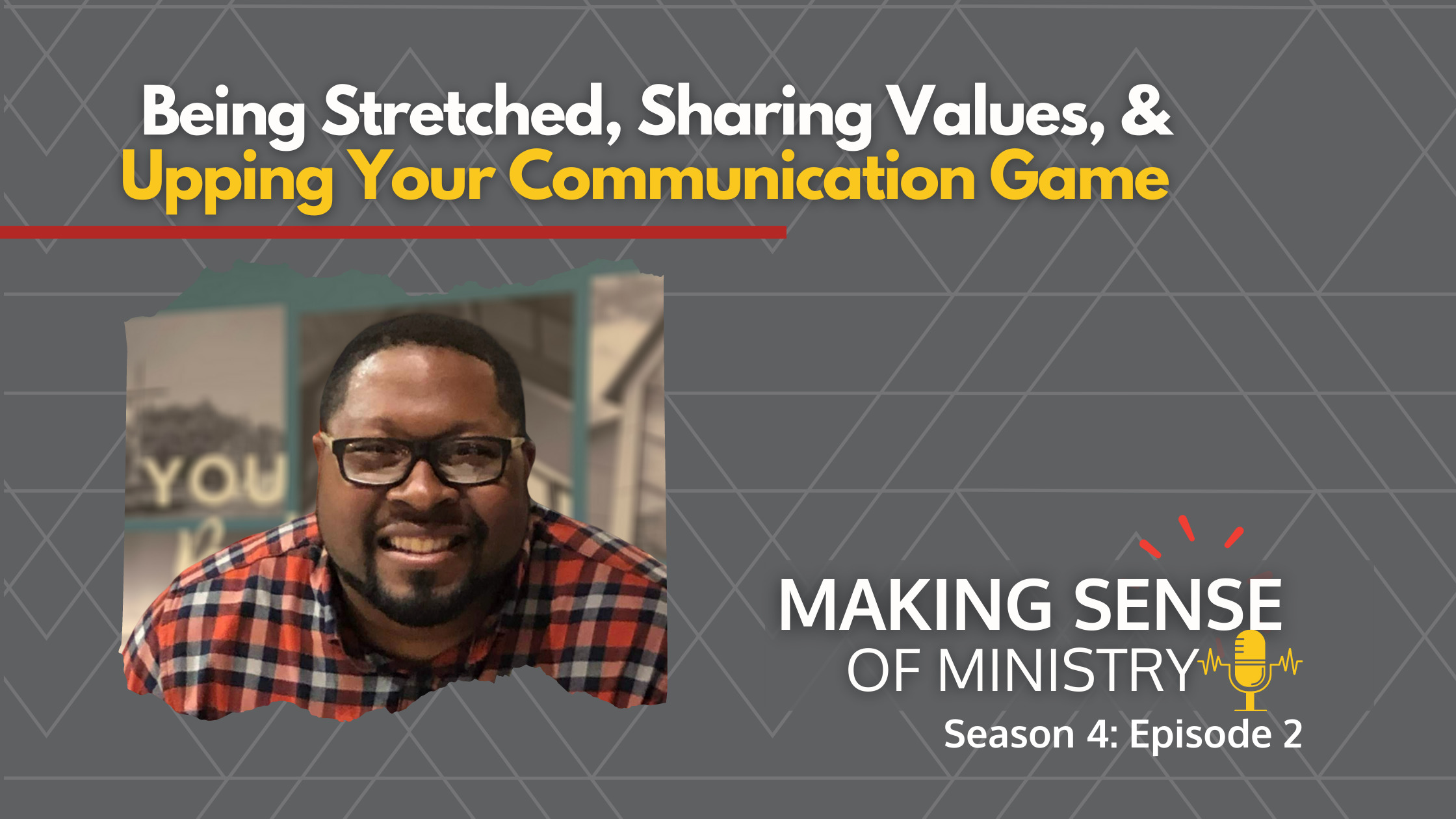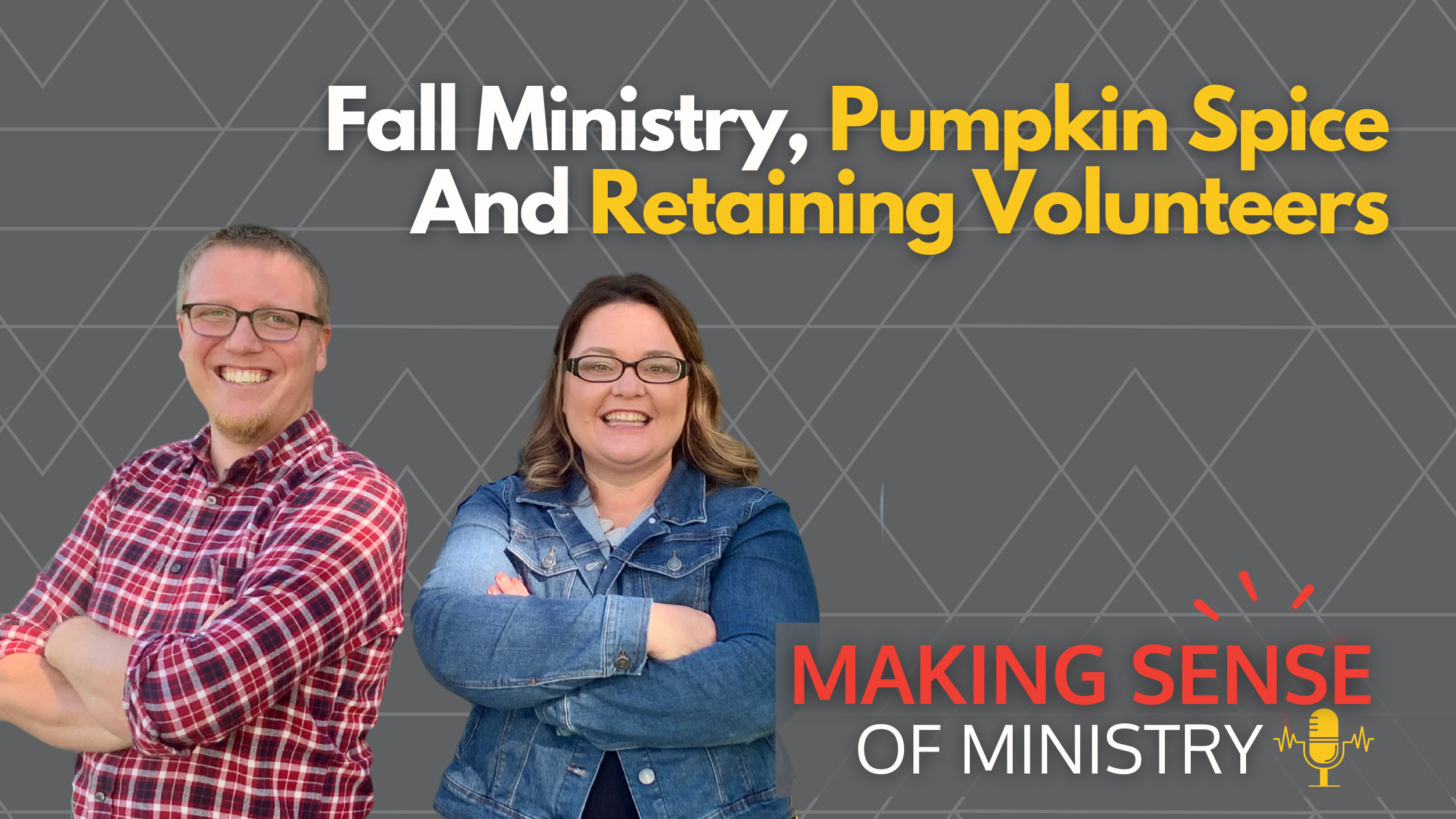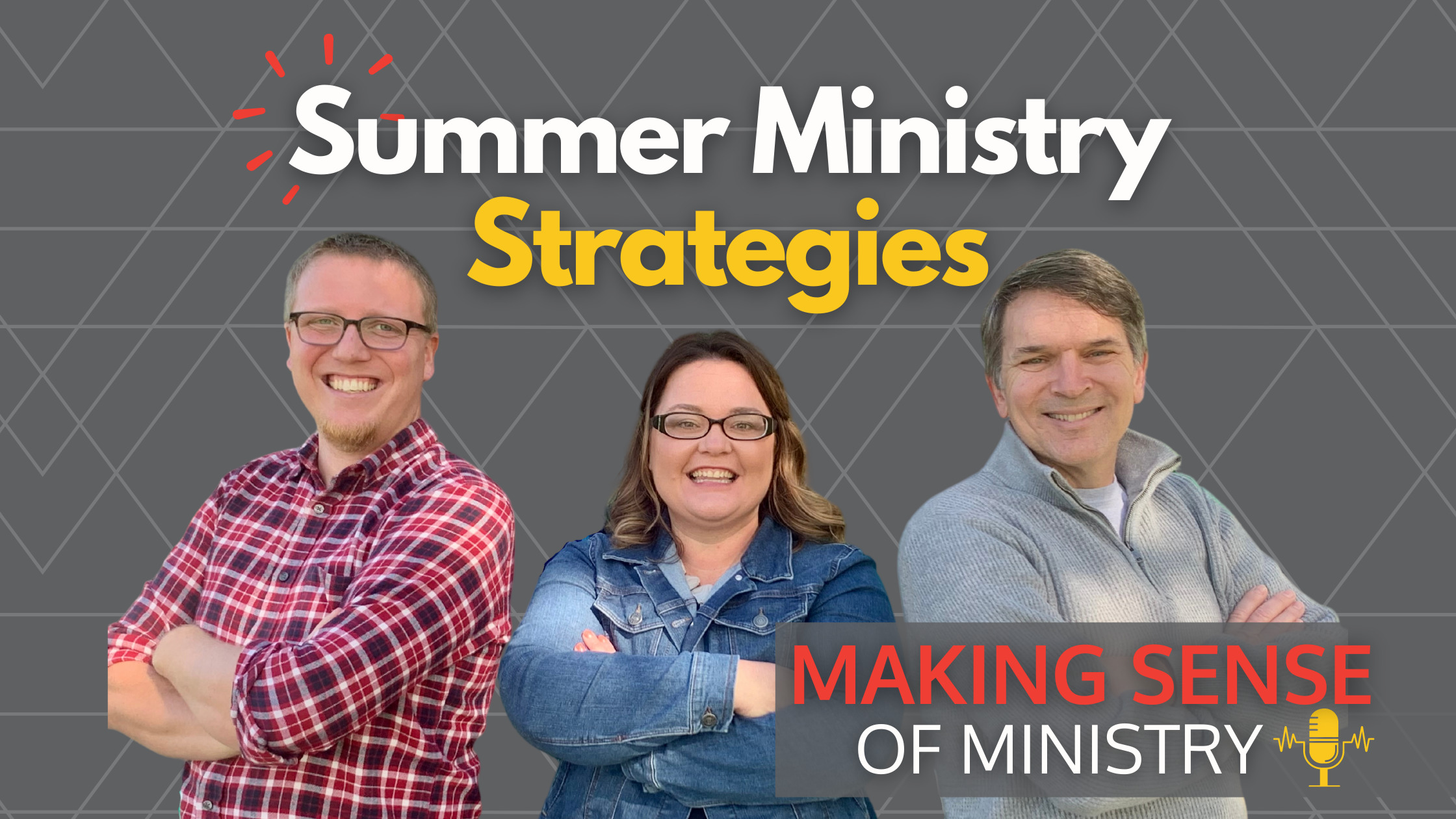The Making Sense of Ministry podcast is on all major platforms, including Spotify, Apple Podcast, and Audible. In this episode of Five-Minute Mentoring, we explore the concept of transparency in ministry, the danger of oversharing, and why these are important concepts to apply to your leadership and ministry. Resources MentionedYouth & Children’s Ministry Job BoardYouth and Children’s Ministry […]
Author Archives: Brian Lawson
A Few Thoughts On Discouragement in Youth Ministry and Children’s Ministry | Season 4: Episode 5
You can find the Making Sense of Ministry podcast on all major platforms, including Spotify, Apple Podcast, and Audible. In truth, we all face discouragement at times. So what do we do about it? How do you handle discouragement? And will it defeat you? In this episode, Brian and Kirsten discuss a few thoughts on discouragement in youth […]
Lead Well This Year
Here are a few ideas to remember as you seek to make Christ known and lead well in 2023.
The Struggle To Connect Personally With Parents And What We Can Do About It | Season 4: Episode 4
You can find the Making Sense of Ministry podcast on all major platforms, including Spotify, Apple Podcast, and Audible. In this episode, Brian and Kirsten share the struggle many Youth and Children’s Ministers face when connecting with parents. If you struggle to connect with parents, you will appreciate this episode. Resources MentionedYouth & Children’s Ministry Job BoardYouth and […]
Our Rookie And Not So Rookie Mistakes In Youth And Children’s Ministry | Season 4: Episode 3
You can find the Making Sense of Ministry podcast on all major platforms, including Spotify, Apple Podcast, and Audible. In this episode, Brian and Kirsten share some of the mistakes they made as a rookie in ministry and some that they continue to make. Their discussion will give you confidence, insights, and ways to avoid these common mistakes […]
Being Stretched, Sharing Values, and Upping Your Communication Game | Season 4: Episode 2
You can find the Making Sense of Ministry podcast on all major platforms, including Spotify, Apple Podcast, and Audible. In this episode, Brandon Sangster from St. Lukes’s UMC joins Brian and Kirsten to discuss communicating values and upping your communication game to the next level. We encourage you to check out Brandon’s youth ministry on Instagram and TikTok. Find Brandon on Instagram or TikTok. Resources MentionedYouth & Children’s […]
Fall Ministry, Pumpkin Spice, And Supporting Volunteers | Season 4: Episode 1
You can find the Making Sense of Ministry podcast on all major platforms, including Spotify, Apple Podcast, and Audible. In this episode, Brian and Kirsten share some of their hopes for ministry this fall, reflect on interesting summer stories, and discuss one BIG way you should support your volunteers. Resources MentionedYouth & Children’s Ministry Job BoardYouth and Children’s […]
From Summer Hustle to School Year Rhythm
For many of us, our summer ministry has ended. You may have led an incredible VBS, inspiring mission trip, or even had life-changing experiences at summer camp. Now is the time we move from the hustle of summer into the more rhythmic school year. So how do we help teens, children, families, our teams, and […]
Four Strategic Decisions For Summer Ministry
Four strategic decisions that you can make for summer ministry.
Summer Ministry Strategies | Season 3: Episode 5
You can find the Making Sense of Ministry podcast on all major platforms including Spotify, Apple Podcast, and Audible. Steve Schneeberger, YMI founder and Lead Director of Student Ministries across all locations for Church of the Resurrection (the largest UMC in the United States), joins us to discuss Summer ministry strategies, plans, and whether we love or hate ministry in […]

